
Everyone has overcome the stage of losing milk teeth in childhood. It is a natural thing and indicates the development of permanent teeth beneath the gum line. It is abnormal to encounter such teeth loss in adulthood because such adult teeth are permanent.
Hidden hazards of missing adult teeth
Missing permanent teeth due to tooth decay, gum diseases or physical injury is more serious than we think. Besides lacking elegance, tooth loss or missing multiple teeth is associated with serious dental complications that are explained in this post.
1. Shifting teeth
The roots of our teeth are firmly attached to the jaw bone. They cannot drift or move out of the alignment even when they are infected with cavities or
gum diseases.
When a tooth falls down, the neighboring teeth lose some support. It induces a drift in the adjacent teeth and moves them. It results in the teeth come out of the alignment and cause crooked or misaligned teeth. This requires
orthodontic braces to restore the teeth alignment.
2. Bone loss
The force applied to the tooth root when we chew induces the development of the jaw bone. When you lose a tooth, your jaw bone also loses a support in the missing tooth area. Then the jaw bone in that region begins to deteriorate and leads to weakening the muscles in that region.
Such bone loss in the jaw is worse to affect the facial aesthetics and make the sufferer’s face looks older.
3. Speech impediments
Similar to the tongue, our teeth also plays a crucial role in our speech. If a person lost some teeth or have gaps stimulated by the missing tooth, he/she would encounter difficulties in pronouncing letters and words. The chances are higher for those people to experience spitting while they are speaking.
4. Difficulty in Chewing
Whether it is a front tooth or molar tooth, missing teeth make a person to encounter difficulties in chewing hard foods. The person cannot efficiently chew and grind the food as the missing teeth cause intense pain the surrounding areas. It leads to digestion disorders as well as oral health disorders.
5. Temporomandibular Joint (TMJ) disorders
Temporomandibular Joint is the muscle which connects our jawbone to the skull. It is located on the right side of our head and empower us to rotate our neck and chew. If there is a damage or change in the muscle, it will produce intense pain. Such pain is termed as TMJ disorders.
The loss of support to the jawbone due to the lost or missing teeth changes the way our jaws contact each other. It causes a dysfunction in the Temporomandibular joints and causes TMJ disorders.
Conclusion
Remember that if you do not restore your missing teeth, it will lead you to serious dental complications which need costly dental treatments.
With the advent of latest technologies in Dentistry, missing teeth replacement has become more flexible. You can get a wide range of options like dental bridges, dental implants, fixed dentures to restore the missing tooth or teeth.

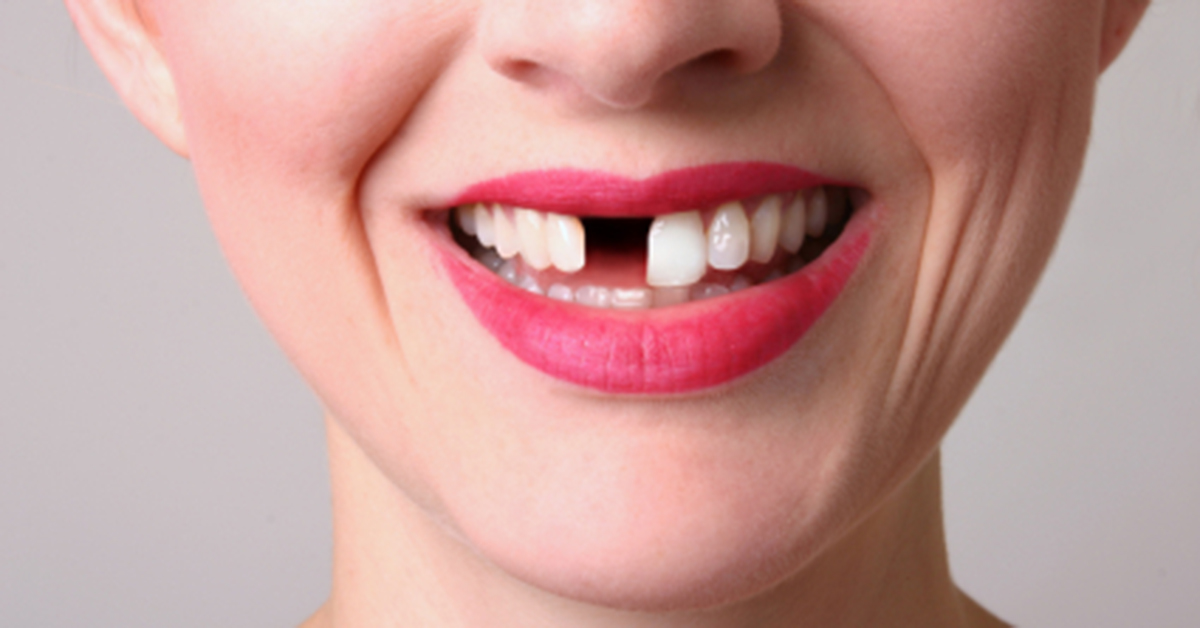


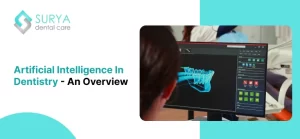
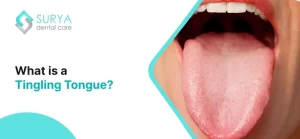
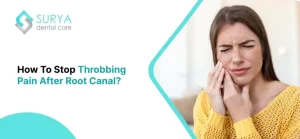
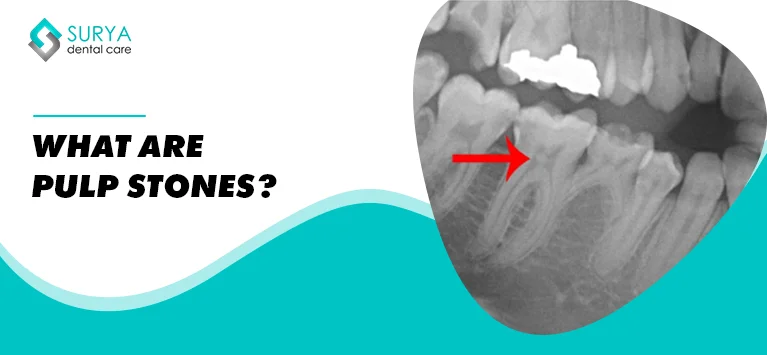
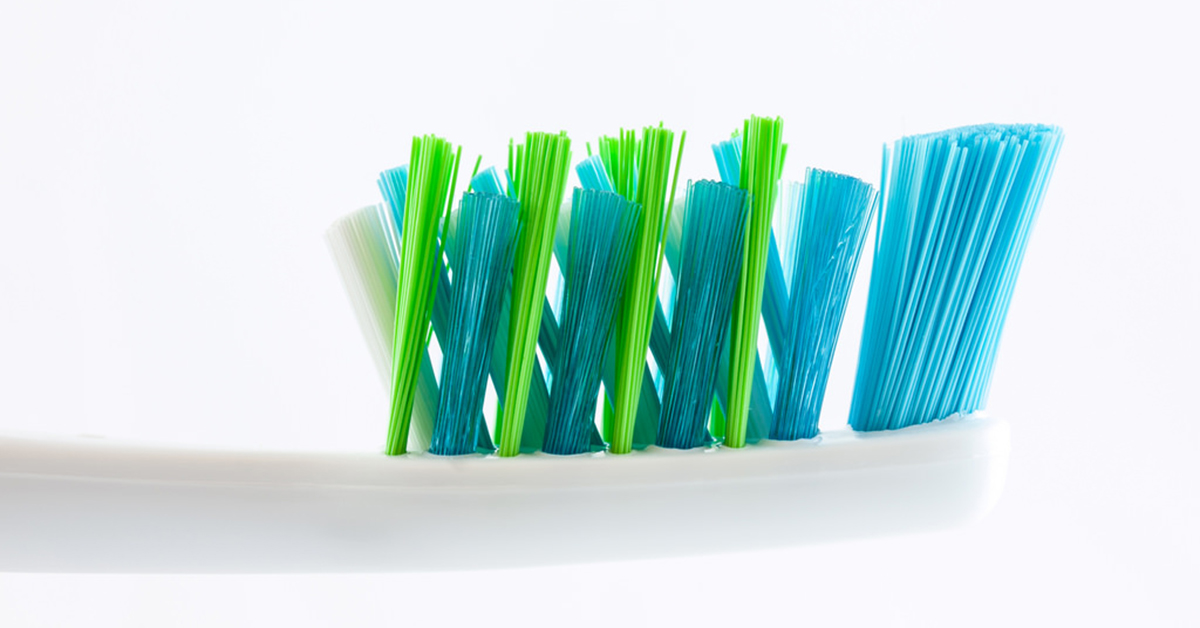


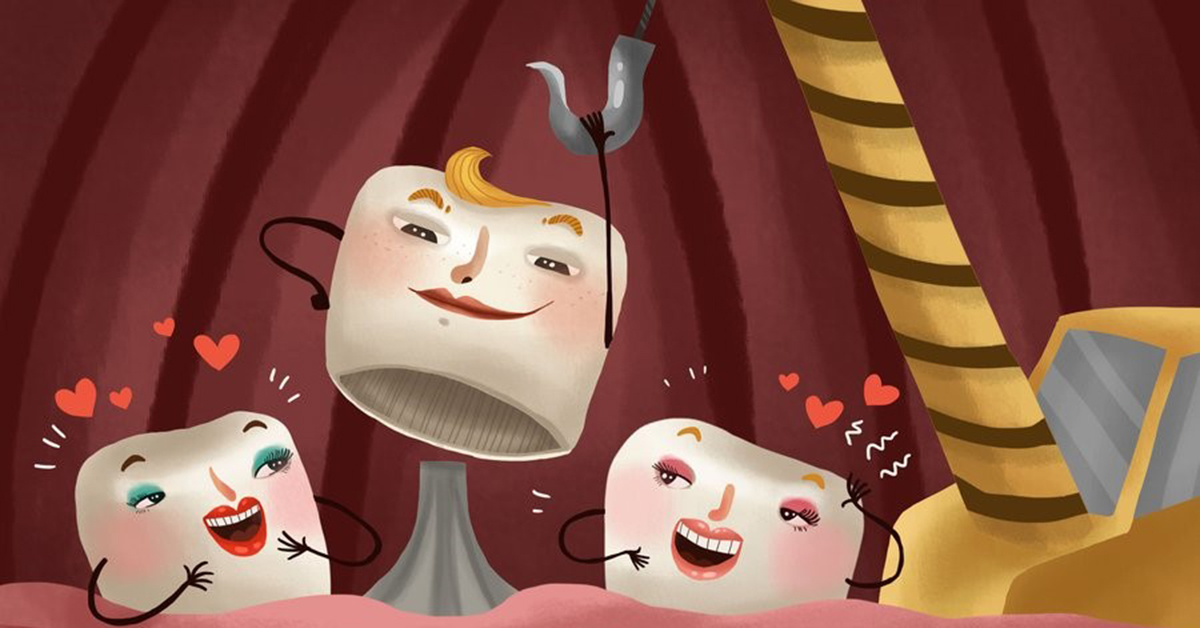


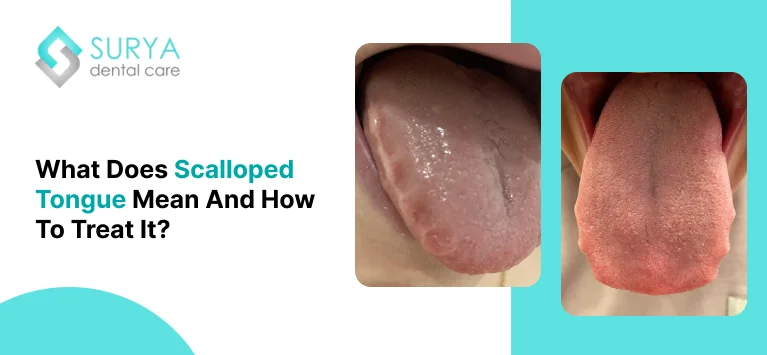
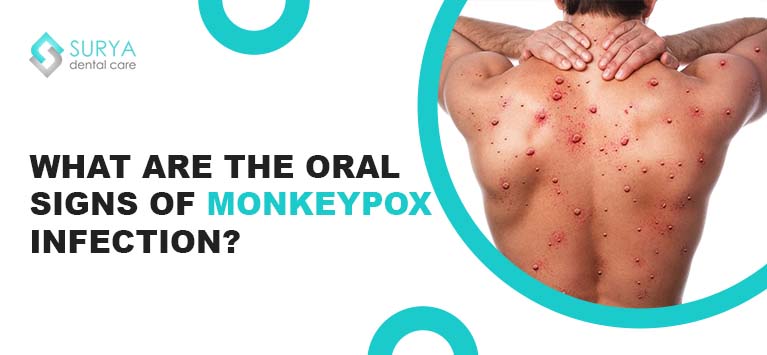

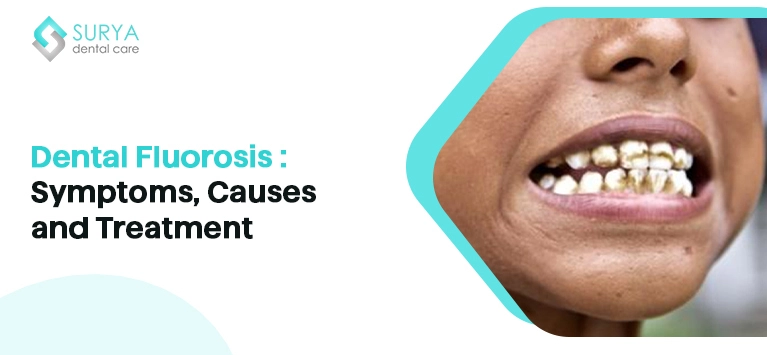
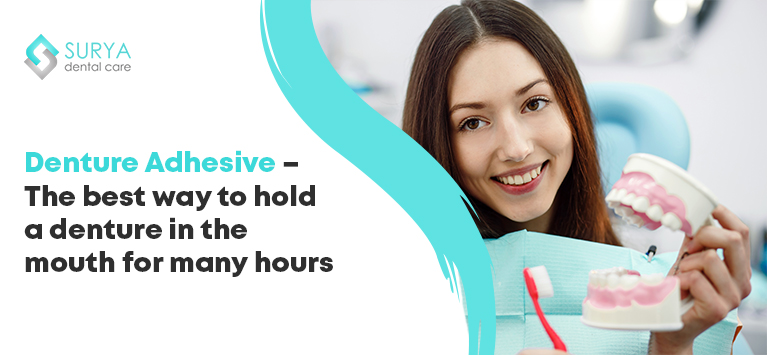

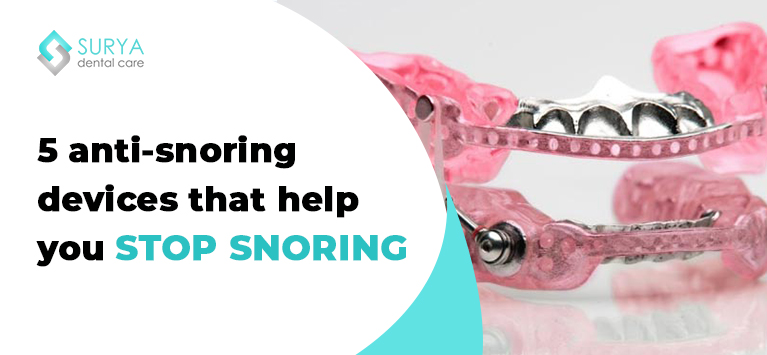


Leave a Comment